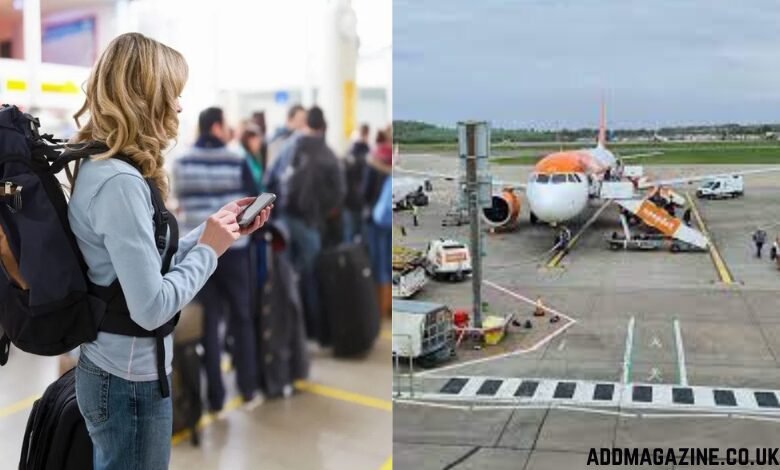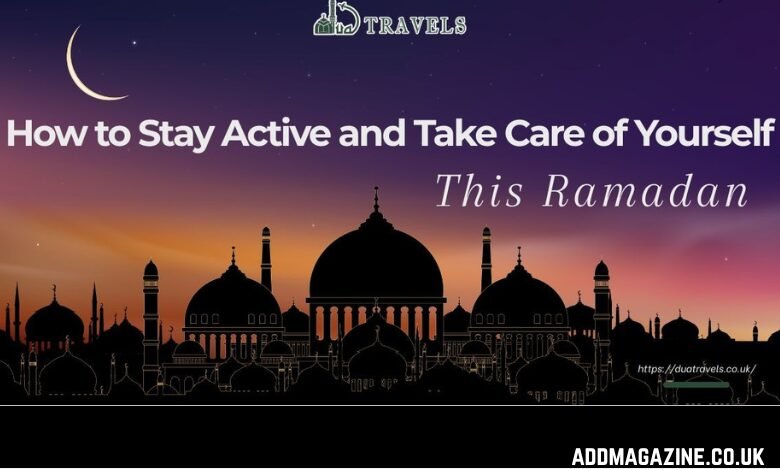For centuries, the thrill of travel has been intertwined with both adventure and uncertainty. From the days when explorers charted new continents using nothing but stars and compasses to the modern traveler who relies on apps and digital maps, the pursuit of discovery has always come with challenges. But in today’s connected world, those challenges have taken on new forms.
Rising travel costs, unpredictable global events, and the paradox of “too much choice” have changed how people plan and experience journeys. According to a 2024 Statista report, more than 60 percent of travelers find planning trips stressful due to overwhelming online options, while nearly half say they struggle to trust online reviews or booking platforms. This intersection of convenience and confusion defines the state of travel in the digital age.
Yet amid these challenges, technology continues to evolve, offering both solutions and new complexities. The promise of personalization, real-time assistance, and automation has reshaped how travelers make decisions. But can innovation truly address the human side of travel, the emotion, uncertainty, and curiosity that make journeys meaningful?
That is the question that experts across different industries are helping to unpack.
The struggle between convenience and connection
One of the biggest dilemmas modern travelers face is balancing efficiency with authentic experiences. The world is smaller than ever thanks to digital platforms, but the sense of discovery can sometimes feel lost in pre-planned itineraries and algorithm-driven recommendations.
CHDSEO, CEO and Founder of Phil Talk, shares that this balance is something even the digital industry must navigate carefully.
“Technology has simplified travel to a great extent, but it has also made people overly reliant on instant answers. We can now book a trip in minutes, but we often forget the joy that comes from exploring the unknown. The biggest challenge isn’t just access to information, it’s finding meaningful value in that information. I believe technology should be used as a companion to curiosity, not as a replacement for it.”
This sentiment echoes a growing trend among travelers seeking experiences that feel authentic rather than automated. As platforms expand their recommendation systems and booking tools, the need for personalization without losing spontaneity becomes even more important.
The question is not whether technology can improve travel, it already has, but whether it can preserve the wonder that makes travel transformative.
When too much choice becomes the problem
In an era where countless websites, influencers, and travel platforms compete for attention, travelers often feel overwhelmed rather than empowered. The paradox of choice has become one of the defining struggles of modern tourism.
Brad Jackson, CEO and Founder of Chamaripa Shoes, offers a perspective that blends digital awareness with human behavior.
“The internet has given travelers unlimited access to information, but it has also created decision fatigue. People scroll through endless options trying to find the perfect deal or destination and end up feeling less satisfied. What travelers really want is not more options but better guidance. Companies that can curate experiences intelligently, respecting both budget and emotional needs, will shape the future of this industry.”
Jackson’s insight underscores a critical point about modern travel habits. The constant stream of online content can distort expectations, creating a gap between what travelers imagine and what they actually experience. As the travel economy continues to digitalize, the challenge lies in guiding travelers toward clarity instead of confusion.
Technology, in this sense, must act as both a filter and facilitator, helping people make choices that align with their individual values and purposes.
Finding trust in a crowded digital world
Another growing concern among travelers is trust. From misleading reviews to hidden fees, the fear of being misled has made users cautious. Despite advanced algorithms, the emotional element of trust remains hard to replicate digitally.
Ismail Khan, Marketing Manager at Clan Name Ideas, emphasizes that this lack of trust is not unique to travel, it’s part of a broader digital challenge.
“Travelers are more informed than ever, but that doesn’t always mean they’re confident. The internet gives everyone a voice, which is powerful, but it also makes authenticity harder to verify. I think the future of travel technology lies in transparency and social validation. Platforms that can create a sense of community and honesty, where people can share verified experiences, will be the ones travelers return to.”
Khan’s perspective brings forward a key insight: travelers crave human connection even when interacting with machines. This emotional layer, trust, credibility, and shared experience, cannot be overlooked in a digital world that moves at lightning speed.
As travel evolves, digital tools that foster reliability and social reassurance will play a crucial role in shaping traveler confidence.
The economic and emotional costs of modern travel
Beyond decision fatigue and digital overload, travelers also face practical issues, fluctuating airfares, global instability, and the pressure to capture every moment online. According to the World Travel and Tourism Council, nearly 45 percent of travelers now budget less for spontaneous trips than they did five years ago, citing uncertainty and inflation as key barriers.
This combination of financial caution and emotional burnout has redefined what “escape” means. Travel, once seen as liberation, often feels like another form of management.
Experts like CHDSEO point out that while technology can’t eliminate uncertainty, it can help travelers prepare for it. Smarter planning tools, predictive insights, and digital communities can all contribute to a sense of preparedness, but the essence of travel still lies in adaptability and openness.
As travelers continue to seek balance between adventure and assurance, technology’s role will be to simplify logistics, not to dictate experiences.
The road ahead for modern travelers
Despite the obstacles, the spirit of exploration remains strong. Global tourism continues to recover, with over 1.3 billion international trips recorded in 2024 according to UNWTO data. The future of travel is not defined by its problems but by how people adapt to them.
From CHDSEO’s call for meaningful curiosity to Brad Jackson’s emphasis on smart guidance and Ismail Khan’s advocacy for transparency, one thing becomes clear: the modern traveler is not just looking for convenience but for connection.
The tools we build and the platforms we trust must evolve beyond functionality to foster a sense of belonging and purpose.
Travel, at its core, has never been about simply reaching a destination. It has always been about what happens along the way, the stories we collect, the people we meet, and the transformations we undergo.
As the world becomes more digital, the challenge and the beauty lie in keeping that human essence alive.




